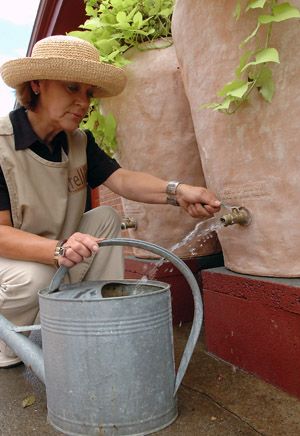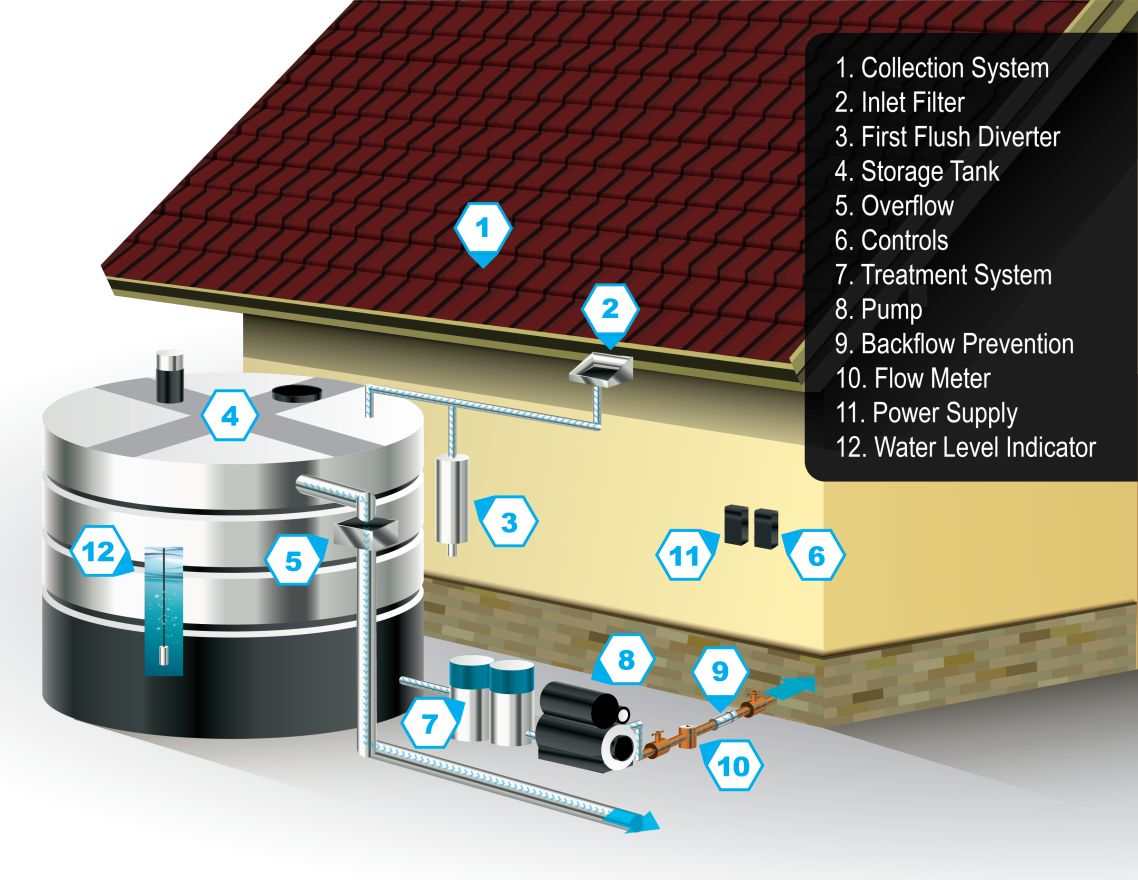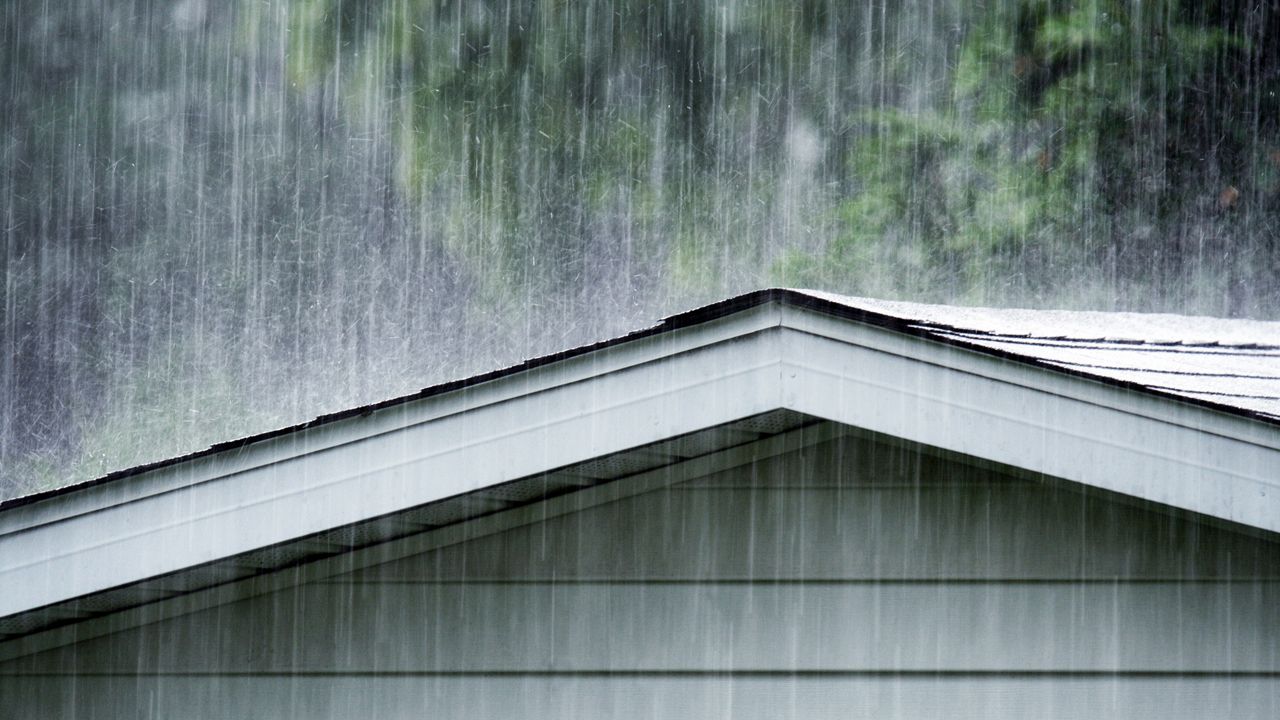As a kid, did you ever go outside during the rain to try and catch raindrops in your mouth? That was always fun to do, but what about catching rain on a larger scale?
It’s called rainwater harvesting, and it's got several pros and cons.
Rainwater harvesting is when you collect and store rain for later use instead of allowing it to run off.
People decide to collect rain for many reasons, whether it’s to water plants, for domestic use, or to use it as potable (i.e. drinking) water.
According to rainbarrelguide.com, roughly 600 gallons of water can run off a 1,000 sq. ft. roof for every inch of rain. Talk about when it rains, it pours. Wow!

Those who want to collect and store rainwater will commonly use either a 50-100 gallon rain barrel or a cistern. They are both similar, but a cistern holds a lot more water, usually over 1,000 gallons.
There are larger harvesting systems that use tanks. They are connected to a home’s pipes and used as a primary source of water.

There are also smaller-scale rain collecting methods, like the use of a tarp or rain garden.
Rainwater harvesting is legal and encouraged in many states. Some states like Virginia, Rhode Island, and Texas even give an income tax credit to citizens who install rainwater-harvesting systems.
However, many states have restrictions, regulations, or limitations on rainwater harvesting. Click here to see where your state stands on the issue.
With the many pros of rainwater harvesting (saves money, water conservation, lessens your environmental footprint), there are also some cons. According to the CDC, rainwater can carry bacteria, viruses, chemicals, and parasites that could make you sick.
However, your risks are dependent on many things, including where you live, how you go about collecting and storing your rainwater, and purification methods. It’s best to do your research and do what’s best for you.



